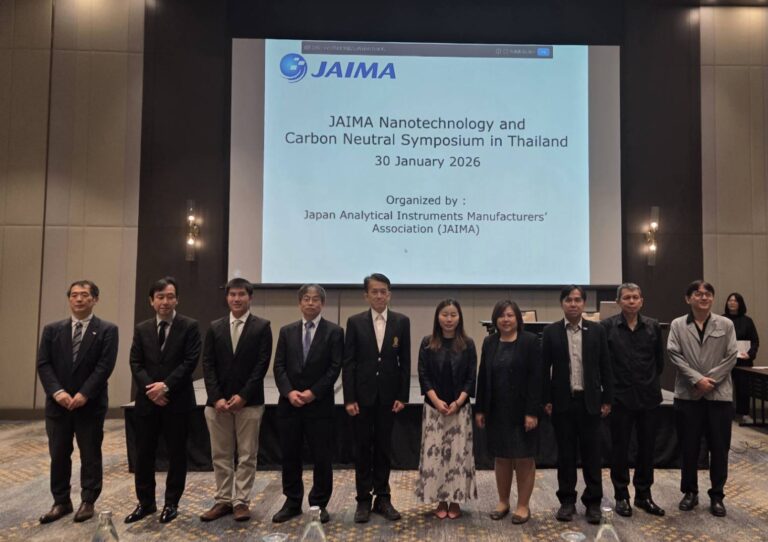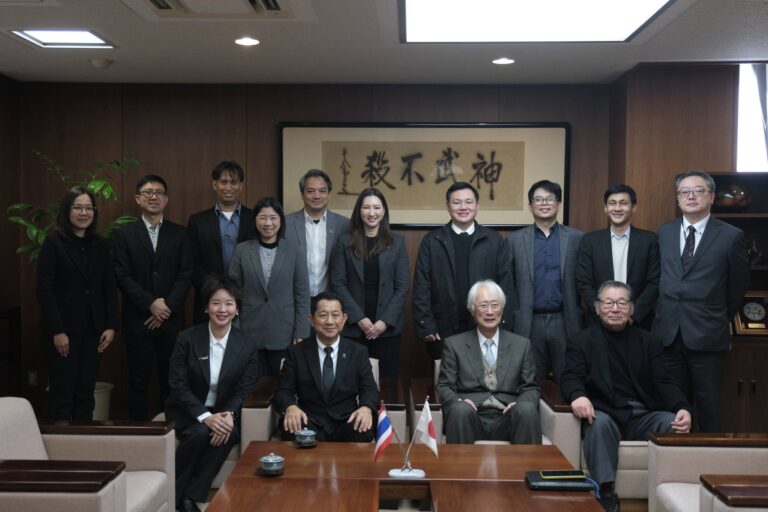
Shrimp aquaculture has grown rapidly to become a major global industry that serves the increasing consumer demand for seafood and has contributed significantly to socio-economic development in countries. However, the ecological disturbances and changes in patterns of trade associated with the development of shrimp farming have presented many of the pre-conditions for the emergence and spread of disease.
“Shrimp are displaced from their natural environments, provided artificial or alternative feeds, stocked in high density, exposed to stress through changes in water quality and are transported nationally and internationally, either live or as frozen product” said Prof. Ikuo Hirono from Tokyo University of Marine Science and Technology. “These practices have provided opportunities for increased pathogenicity of existing infections, exposure to new pathogens, and the rapid transmission and transboundary spread of disease”.
Prof. Hirono recently gave a talk on “Molecular Biology and Immunology for Shrimp Aquaculture” at NANOTEC (NANO Talk session) in which he examined the major viral pathogens of shrimp, the likely reasons for their emergence and spread, and the consequences for the structure and operation of the shrimp farming industry. In addition, the talk also touched on areas related to health management strategies that have been introduced to combat the major pathogens and the reasons that disease continues to have an impact.





